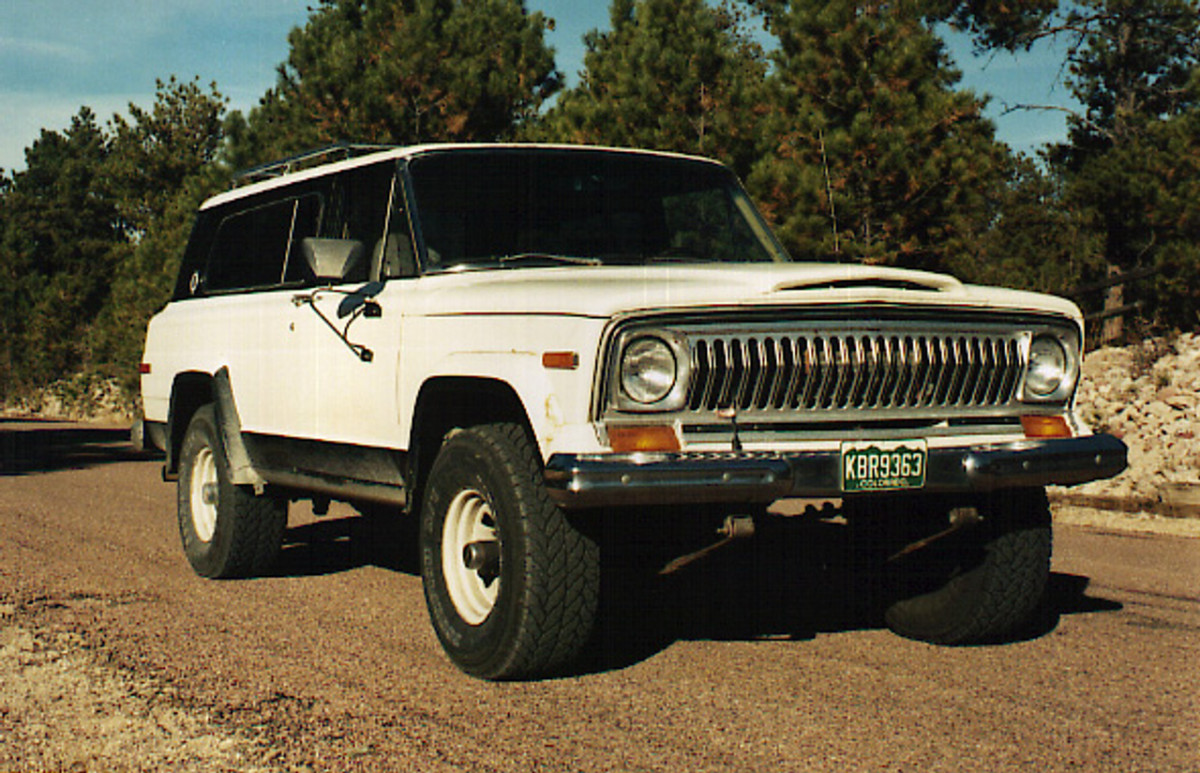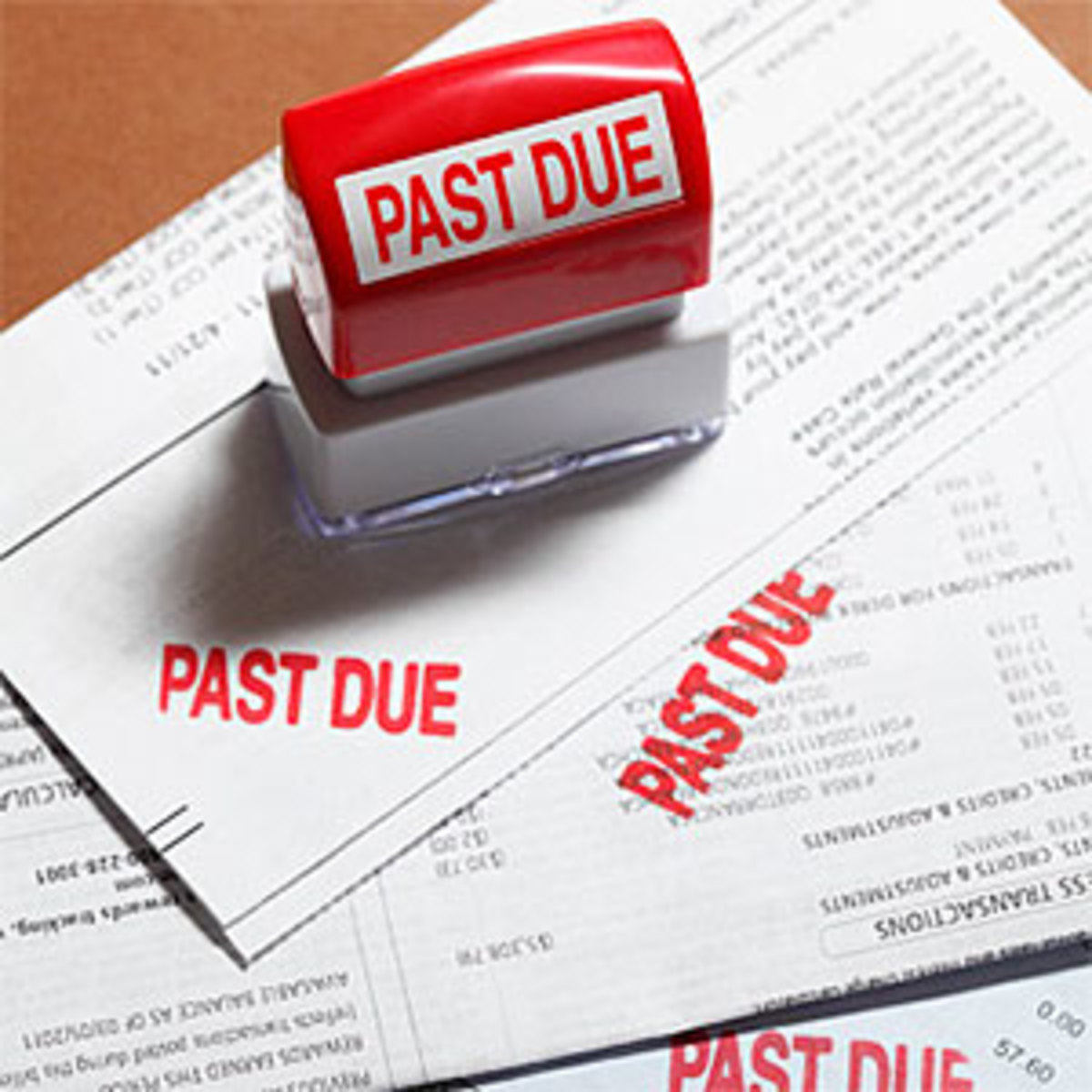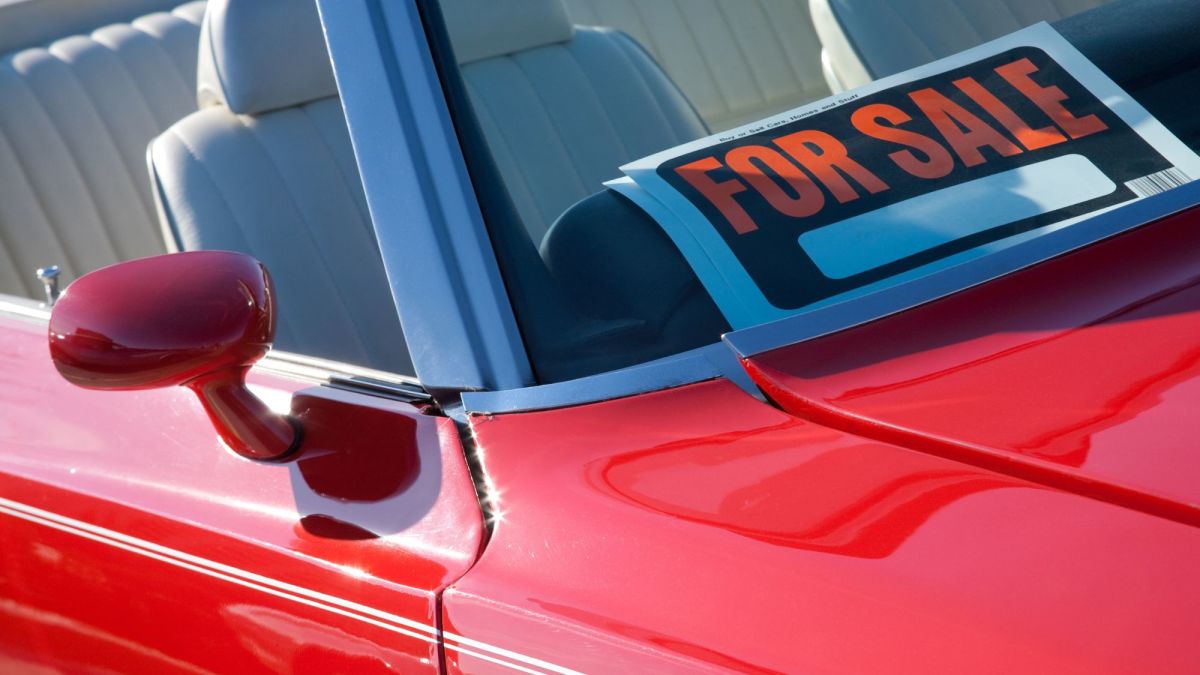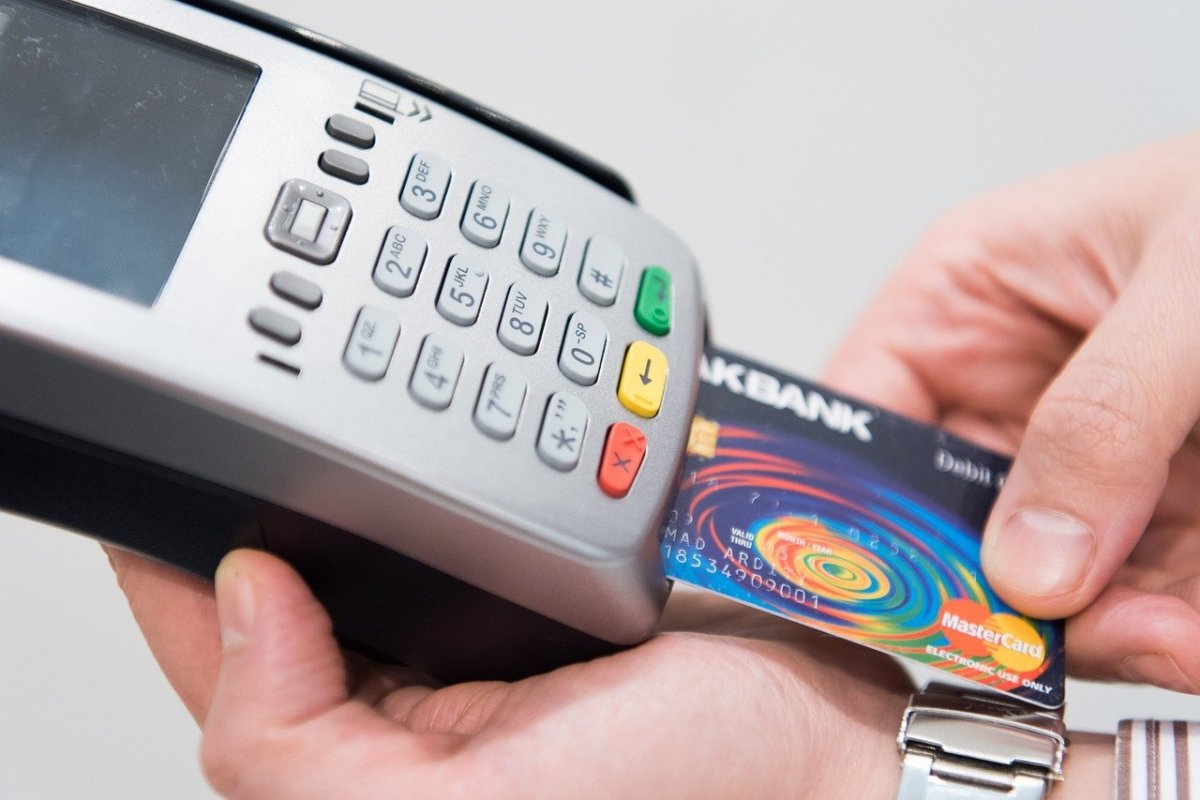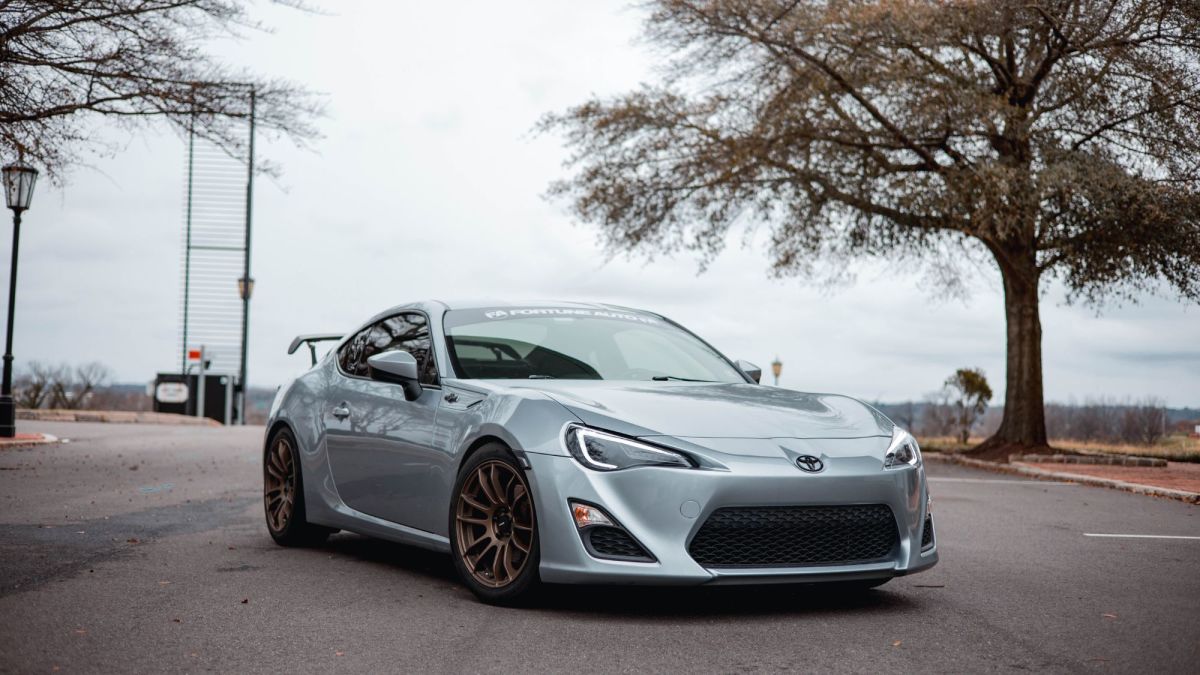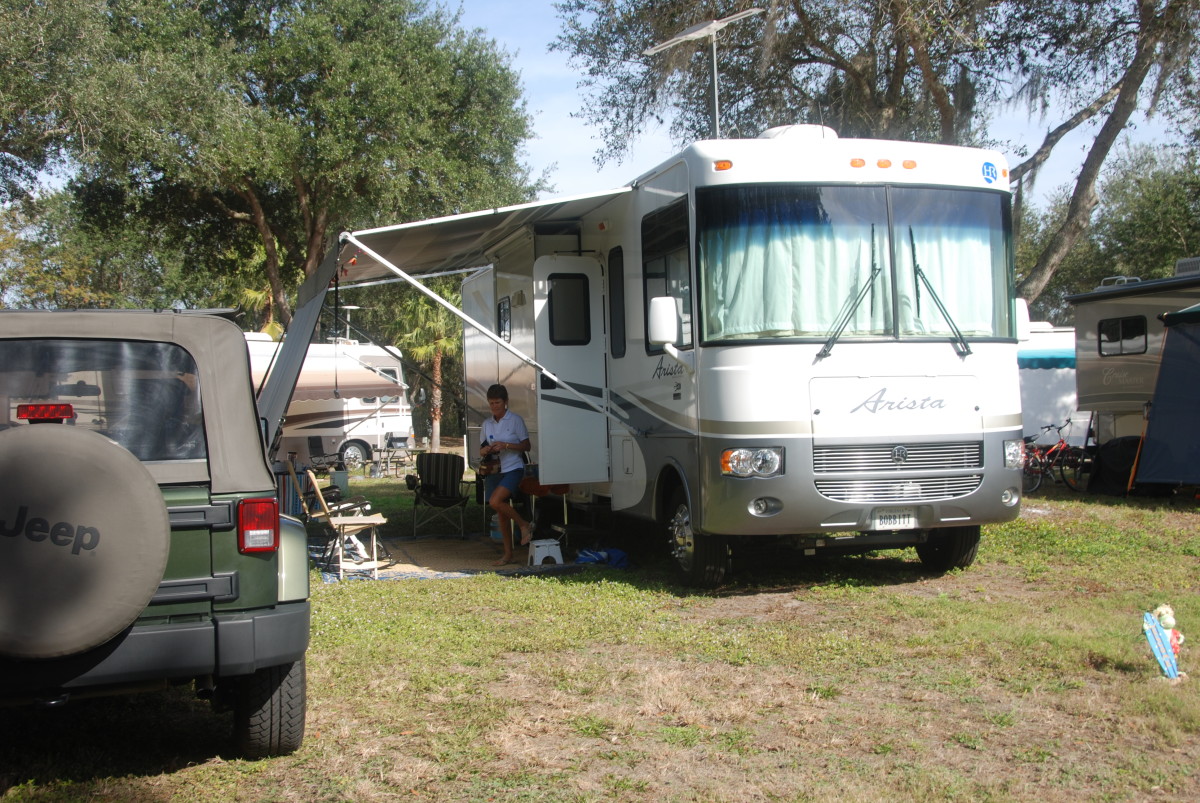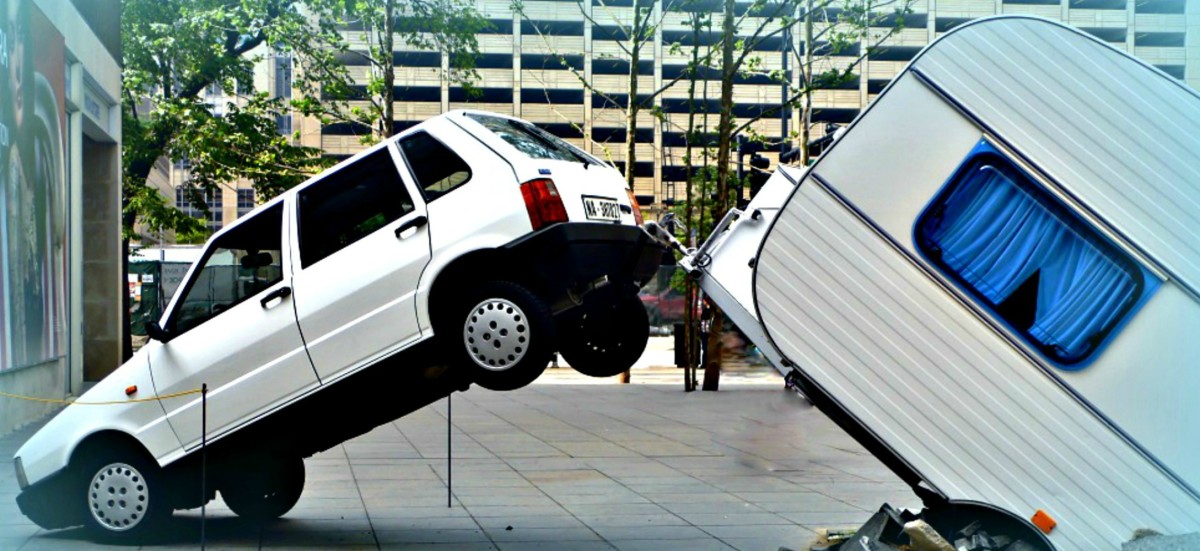How to Buy a Car - Three Top Things to Know
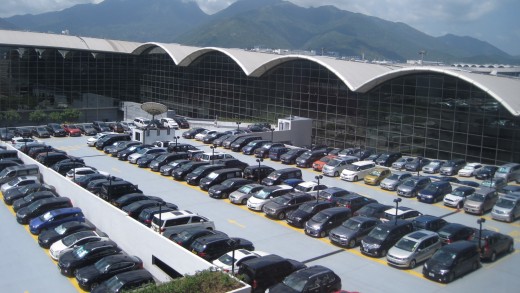
Buying a car, whether new or used, is the second largest expense most people will ever face. There are a lot of things to consider, and you can end up spending a lot more money than you need to if you aren't careful. Here's what you need to understand before you talk to the car salesman.

1. What do You Need, and What do You Want?
Start by reviewing your needs. The first decision is what kind of vehicle you'll be buying: sedan, SUV, pickup truck, etc. For instance, if you have a big family, then you'll probably start by looking at SUVs and minivans. And that might, in fact, be what you really need.
But if you already have a large vehicle in the family and you're shopping for a car to primarily commute to work, then your need can probably be fulfilled by a small sedan or hatchback. In turn, that could save you a lot of money, both in initial purchase price (SUVs have a much higher profit margin than cars) and in ongoing costs like gas and maintenance.
It's important to recognize needs and wants because most people need to compromise at some point. Even if you only need a small car, you might like the idea of an SUV. If you can afford it (we'll get to that in the next section), then maybe it's okay to get an SUV. But be aware that it's a want, not a need.
All Wheel Drive and Four Wheel Drive
Another feature where people are tempted to turn a want into a need is four wheel drive (4WD) or all wheel drive (AWD). Such vehicles have their place, but a lot of drivers can get by just fine with a regular drivetrain. If you live in the warm south, you don't need all wheel drive unless you want to go off-roading every weekend.
It's About the Money
The reason it's important to recognize needs versus wants is that everything has a cost. A big SUV will need more gas than a small car. A car or SUV with all wheel drive will also need more gas, and will cost more in the long term for maintenance.
If you're on a budget, then it's important to know what you absolutely need, and recognize what you can do without if it costs too much.
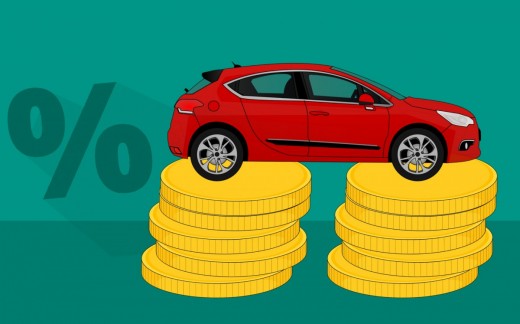
2. What can You Afford?
For most people, this translates into a monthly payment. You can, of course, reduce your monthly payment by extending the car payment term (e.g. going from 60 months to 72 months). But go into this with your eyes open, and have a good idea of how long you're comfortable this figure.
Get Your Credit Score
Know your credit score before you go to the dealer. Your credit score will determine what your interest rate is, and it's in your best interest to be aware of whether your credit is excellent, just average, or shaky.
If it's really bad, you might have trouble getting financed. A dealer wants to sell you a car - it's how they make money - but they have to find a bank to give you the loan. The dealer will shop around, but if you can tell them up front what your credit record looks like then they have a better idea of what you can get approved for. It makes for a much quicker and more pleasant car buying experience.
Use an Online Calculator
You can find plenty of online calculators which will do all the math for you, and take into account your trade in value, how many months you want to finance, and your likely interest rate.
This is one of the most important exercises you can do before going to the dealership. Don't get your heart set on a new luxury car with all the bells and whistles if your budget is only $350 a month. There's no way to make it work, and knowing that up front will help you be realistic when you are narrowing down your choices.
Think About the Whole Cost
A monthly car payment is just one part of what understanding what you can afford. You need to include more than just the cost of the car.
- Insurance. Your insurance agency can give you a good idea of how much you'll pay to insure a specific car.
- Gas. Know how many miles you drive each month, and use that to estimate your monthly gas costs based on the miles per gallon of the cars you're researching.
- Amount owed on your trade-in. We'll cover this in the next section. The key to know is if you owe money on your trade-in, it can end up increasing your monthly payment. This is what's called negative equity.
Incentives - You Won't get all of Them
Buyers are often pulled in by prices that seem too good to be true. There's a good reason for that.
Incentives depend on you meeting various criteria. Some of those include:
- recent college graduate
- military veteran status
- low credit score (yes, there are really incentives available for people with very poor credit)
- loyalty - you're buying from Ford and you already have a Ford
- competitive conquest - you're buying from Ford and you currently have a GM
There are others, but these are the most common. The trick is that dealers will advertise an amazing price, but it is accounting for every possible incentive, and it's almost impossible to qualify for them all.
The other special offer you'll often see is very low financing - sometimes as low as zero percent. But it's one or the other; you'll get great low financing, or very generous discounts. You won't get both.
New or Used
You can usually save money by buying used, but do the research first to see if it makes sense. Some cars lose value much faster than other cars. For example, cars with a reputation for great reliability (like a Honda Accord or a Toyota Corolla) will hold value very well, and you might find you don't save much money by buying used.
Look at the mileage. Modern cars are very reliable and can easily make it to 100,000 miles without too much trouble. But check into what sort of maintenance might be needed if the car you are looking at is getting into higher figures for mileage.
Finally, it's important to know that a loan on a used car is going to have a higher interest rate than on a new car. (This is because a new car is easier for a bank to resell if the buyer doesn't pay the loan. Less risk means they can offer more attractive financing rates.)
What do You Expect to pay for Your Next Vehicle?
I'm looking for car in the range:
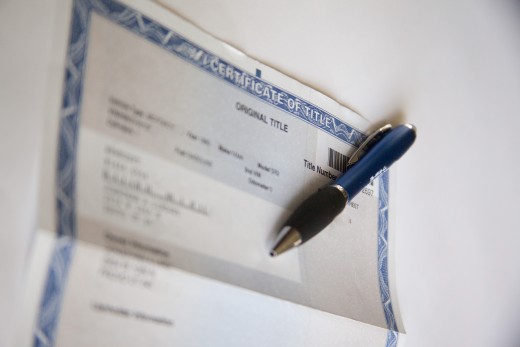
3. Trading in? Here's how it Works
This is one of the most common areas of confusion for a car buyer - how to deal with a trade-in. Here are some of the most common scenarios and what to expect.
You Own the Vehicle but Don't Have the Title
This is a very common situation. The exact process will vary from state to state, but the dealership will know the details. You generally will need to order a replacement title for a small fee. Again, the dealership will have all the necessary paperwork to hand.
If You Still Owe Money
When you are still paying off your current car and want to trade it in, someone needs to pay off the full remaining balance. The bank who is holding the loan will provide an exact payoff amount, and then either you or the dealership where you're buying your new car will need to pay that amount.
The best situation is the car's value is worth more than the amount you owe. In that case you'll get the extra money back, and you can use that as the trade-in value on the new car.
You Owe More Than Your old car is Worth
This is what car dealers call negative equity. Your old car might be worth $5,000 and you still owe $8,000 to the bank. That missing $3,000 is your negative equity: the car is worth a negative amount to you because you can't sell it for enough to cover what you still owe on it. Someone has to pay off that extra $3,000.
When you're buying a new car, the dealer can pay off the negative equity, but they'll add it on to the purchase price of your new car. That means your monthly payments will go up.
What Else Should I Know?
There's a lot more to discuss, but these are some of the most common areas to focus on. If you know what you are looking for and what you can afford before you start shopping seriously, you'll be in a much better position to get the best car for your lifestyle.
This article is accurate and true to the best of the author’s knowledge. Content is for informational or entertainment purposes only and does not substitute for personal counsel or professional advice in business, financial, legal, or technical matters.
© 2019 Ian Mundell

